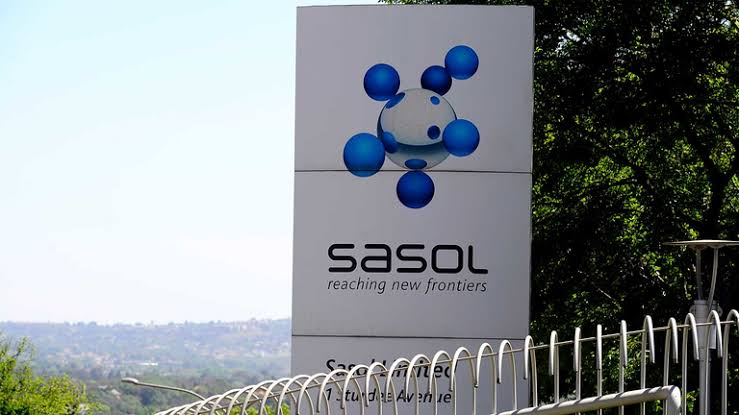Sasol Partners With Toyota To Build A Green Highway Project

Sasol Partners With Toyota To Build A Green Highway Project. Sasol plans to develop the use of green hydrogen by fuel cell vehicles on a major South African freight route as the company examines ways to lower its own emissions.
According to Business Tech, Sasol along with partner Toyota Motor Corp, intends to develop a pilot project – using a key highway such as the N3 running between Durban and Johannesburg – for heavy-duty, long-haul vehicles powered by hydrogen, Sasol said in a statement Wednesday. Hydrogen is being considered for Sasol’s existing operations, the Toyota partnership and potentially for export, Sasol Chief Executive Officer Fleetwood Grobler said in an interview. Those plans and other initiatives to lower emissions are at an early stage, he said. “You need to start with proof of concept,” Grobler said.
Toyota’s joint-venture with Sasol could help scale up investment in critical infrastructure such as charging stations and the fuel itself, Andrew Kirby, chief executive of the automaker’s local business, said in the statement.
Sasol Limited is an integrated energy and chemical company based in Sandton, South Africa. The company was formed in 1950 in Sasolburg, South Africa and built on processes that were first developed by German chemists and engineers in the early 1900s. Today, Sasol develops and commercialises technologies, including synthetic fuels technologies, and produces different liquid fuels, chemicals and electricity.
The Toyota Motor Corporation is a Japanese multinational automotive manufacturer headquartered in Toyota, Aichi, Japan. It was founded by Kiichiro Toyoda and incorporated on August 28, 1937. In 2017, Toyota’s corporate structure consisted of 364,445 employees worldwide and, as of December 2019, was the tenth-largest company in the world by revenue. Toyota is the largest automobile manufacturer in the world followed by Volkswagen, based on 2020 unit sales. Toyota was the world’s first automobile manufacturer to produce more than 10 million vehicles per year, which it has done since 2012, when it also reported the production of its 200 millionth vehicle.





